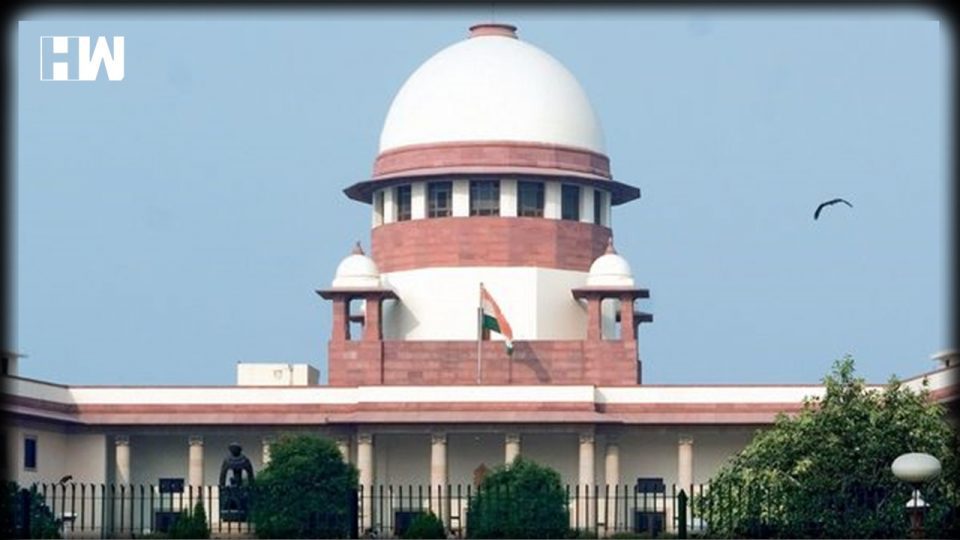New Delhi: After a four month delay in admissions, Supreme Court on January 7 has given approval for the NEET-PG Admissions 2021-22. Supreme Court has given approval with a clause of 27 per cent reservation for OBC (other backward classes) and 10 per cent for EWS (economically weaker sections) categories for this year.
SC has also thought about the students from poor sections of the nation and the ₹ 8 lakhs income criteria for students as also been allowed for this year.
Over 45,000 junior doctors can join the workforce after this decision, which comes as the country fights a massive surge of Covid cases; India has reported over two lakh cases in the past 48 hours.
“We have been hearing this matter for two days, we must start counselling in national interest,” the bench of Justice DY Chandrachud and Justice AS Bopanna said.
The bench said a detailed hearing on the validity of ₹ 8 lakh income criteria for future admissions will be subject to final adjudication of filed petitions, which have been listed for hearing on March 5.
NEET-PG, or the National Eligibility Cum Entrance Test (Post-Graduate) is a qualifying and ranking exam for medical students for admission to over 100 private and medical colleges.
Counselling was to begin in October but it was delayed after petitions were filed in the top court challenging the government’s July 29 notification announcing the 27 per cent and 10 per cent reservations for OBCs and poor students, respectively.
On Thursday the court heard final arguments from both sides.
Solicitor General Tushar Mehta, appearing for the government, said he wanted to dispel confusion the revised criteria would “change the rules of the game midway” and said “…the subject matter of this challenge is already implemented since 2019”.
This was in reference to senior advocate Shyam Divan, who appeared for the petitioners, saying the July notification had affected students because it was introduced after the exams were notified.
Senior advocate Arvind Datar, appearing for some candidates, said that if the court intended to allow EWS reservation in NEET’s all-India quota this year, it should be based on the ₹ 2.5 lakh annual income criteria.
Last week the government said the ₹ 8 lakh income criteria was consistent with Articles 14, 15 and 16 of the Constitution, and that the decision had been arrived at after due deliberation by the Ministry of Social Justice and Empowerment.
However, the court was unconvinced; “You must have some demographic or socio-economic data. You can’t just pluck the 8 million figure out of thin air,” Justice Chandrachud had said.
The government subsequently asked the court to allow counselling – with existing criteria retained – to resume as the delay had led to large-scale protests by resident doctors across the country.
The government said changing norms at this time – when admissions and allocation of colleges for NEET (National Eligibility cum Entrance Test) students are ongoing – will lead to complications.
Existing criteria to identify EWS beneficiaries will be retained for this year and revised norms could come into effect from the 2022/23 academic season, the government said.
The revised criteria retain the contentious ₹ 8 lakh annual income ceiling but excludes families with agricultural land of five acres or more, irrespective of income.
The row over the EWS quota issue has impacted NEET admissions, so much so that junior doctors in the national capital last week launched a 14-day protest against the delays.
The doctors accused the government of dragging its feet on this issue and warned of serious consequences for the country’s healthcare, particularly in light of the Covid pandemic.
As an independent media platform, we do not take advertisements from governments and corporate houses. It is you, our readers, who have supported us on our journey to do honest and unbiased journalism. Please contribute, so that we can continue to do the same in future.

